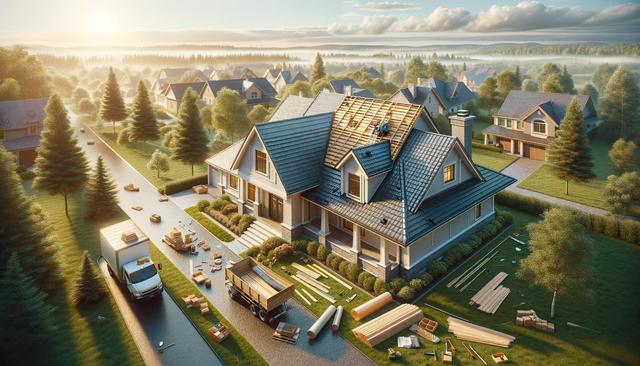
Honoring Senior Veterans: Support, Challenges, and Community
The Legacy and Contributions of Senior Veterans
Senior veterans have played a pivotal role in shaping the freedoms and values many enjoy today. Their service spans generations, from global conflicts to peacekeeping missions. As they transition into later stages of life, their experiences remain a valuable asset to communities and younger generations. Many senior veterans are known for their resilience, work ethic, and discipline—qualities that have not only served them during their military careers but also continue to influence those around them.
These veterans have contributed not only on the battlefield but also in civilian life after service. Many have gone on to become educators, civil servants, volunteers, and community leaders. Understanding and recognizing their dual contributions—as both service members and civilians—is essential to appreciating their full legacy.
The Unique Challenges Facing Senior Veterans
As veterans age, they face a range of challenges that can affect their quality of life. These include both general age-related issues and those specific to their military service. Common challenges include:
- Access to adequate healthcare services, especially for service-related conditions
- Social isolation, particularly for those without close family or community ties
- Mental health concerns such as PTSD, depression, or anxiety
- Housing insecurity or lack of long-term care facilities tailored to veterans
These issues are often compounded by bureaucratic hurdles in accessing veteran benefits. Navigating the systems set up to help them can be frustrating and time-consuming, especially for those dealing with cognitive or physical impairments. Advocacy groups and support networks play a critical role in helping senior veterans manage these difficulties.
Access to Healthcare and Support Services
Healthcare is a top concern for senior veterans, many of whom require specialized care due to injuries or conditions acquired during service. While there are dedicated health systems in place, such as veteran hospitals and programs, access can vary greatly depending on location and resource availability.
Support services tailored to veterans can include:
- Rehabilitation and physical therapy programs
- Mental health counseling with military-specific expertise
- Home health aides and in-home care options
- Assistance with transportation to medical appointments
Efforts are being made to expand telehealth services, which can be particularly beneficial for those in rural or underserved areas. Additionally, partnerships between veteran organizations and public health agencies are working to bridge the gap in care and ensure all senior veterans receive the attention they deserve.
Community Engagement and Social Connection
Maintaining strong social connections is vital for emotional well-being and overall health, especially for older adults. For senior veterans, community engagement offers opportunities to stay active, share their stories, and form bonds with others who understand their experiences.
Veteran centers, local clubs, and nonprofit organizations often host events and activities designed to bring veterans together. These initiatives include:
- Veteran appreciation days and ceremonies
- Storytelling workshops and oral history projects
- Skill-sharing sessions or hobby groups
- Volunteer opportunities and mentorship programs
Such activities not only combat loneliness but also reinforce a sense of purpose. By staying involved, senior veterans can continue contributing to their communities in meaningful ways, while also receiving the support and recognition they have earned.
Planning for the Future with Dignity
As they age, many veterans begin to consider long-term planning, including healthcare directives, financial security, and end-of-life arrangements. It is essential that senior veterans have access to trustworthy resources and guidance during this time. Legal aid services and veteran support groups often provide assistance with:
- Creating wills and advance directives
- Understanding pension and survivor benefits
- Exploring assisted living or nursing care options
- Connecting with service officers for benefit applications
Empowering senior veterans with knowledge and tools for future planning helps ensure they can make informed decisions with confidence. It also relieves pressure on family members and caregivers by establishing clear wishes and reducing uncertainty.
Conclusion: A Continuing Commitment to Those Who Served
Senior veterans deserve ongoing respect, support, and appreciation for their lifelong contributions. As they navigate the complexities of aging, a collective effort from communities, organizations, and policy makers is essential. By addressing their unique needs and fostering inclusive spaces, we ensure that their legacy is honored not just in words, but through meaningful action and engagement. Supporting senior veterans is not only a moral responsibility—it’s an investment in the values and history they worked so hard to protect.


